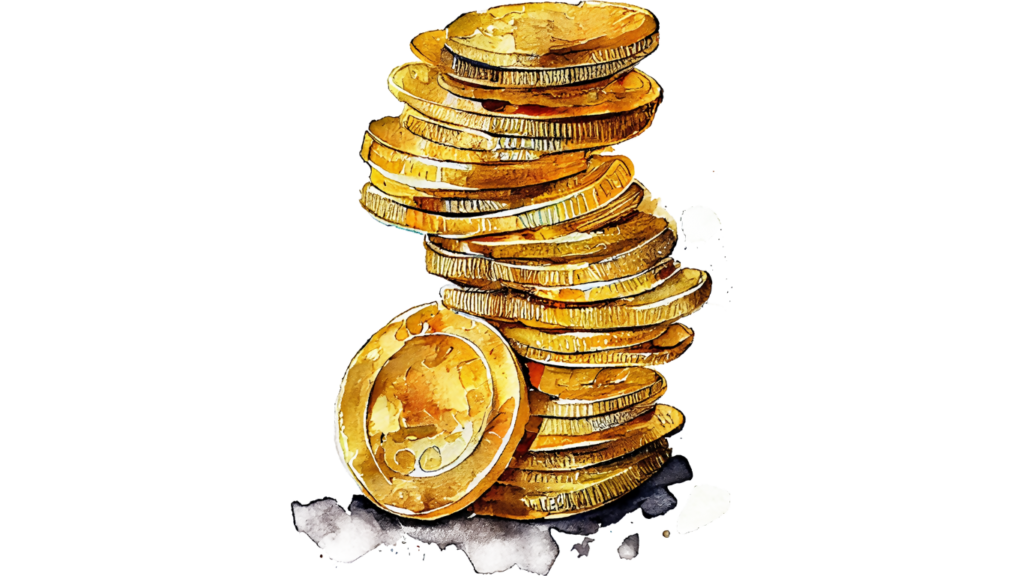Zakat (Obligatory Charity)
Zakat is one of Islam’s five pillars, and it is a significant one. Zakat is a tax on money and property that Muslims are required to pay each year to help the underprivileged in their society.
Zakat is the amount of money every adult, mentally stable, free, and financially able Muslim, male and female, must pay to support the needy and poor.
Zakat is mandatory when a certain amount of money, called the nisab, is reached or exceeded. Zakat is not obligatory if the amount owned is less than this nisab. Every adult Muslim who owns wealth (the Nisab) must pay 2.5% of that wealth as Zakat.
Eligible Muslims pay Zakat once a year, and it is due as soon as one lunar (Islamic) year has passed since meeting or exceeding the 'nisaab.'
What is Nisaab?

Nisaab is the minimum amount of wealth that a Muslim must have before he or she is obligated to pay Zakat.
The Nisaab was set by Prophet Muhammad (PBUH) at a rate equal to 87.48 grams of gold and 612.36 grams of silver.
Today, Muslims must determine the comparable monetary exchange value of the rates set by Prophet Muhammad (PBUH) in their local currency because silver or gold is no longer used as currency.
